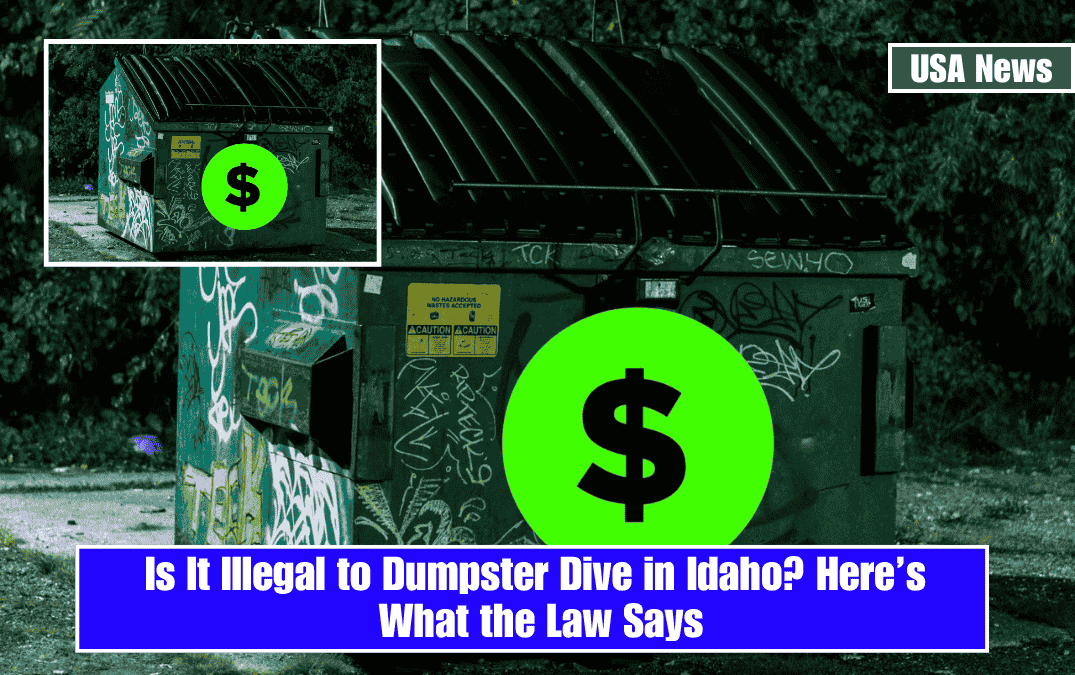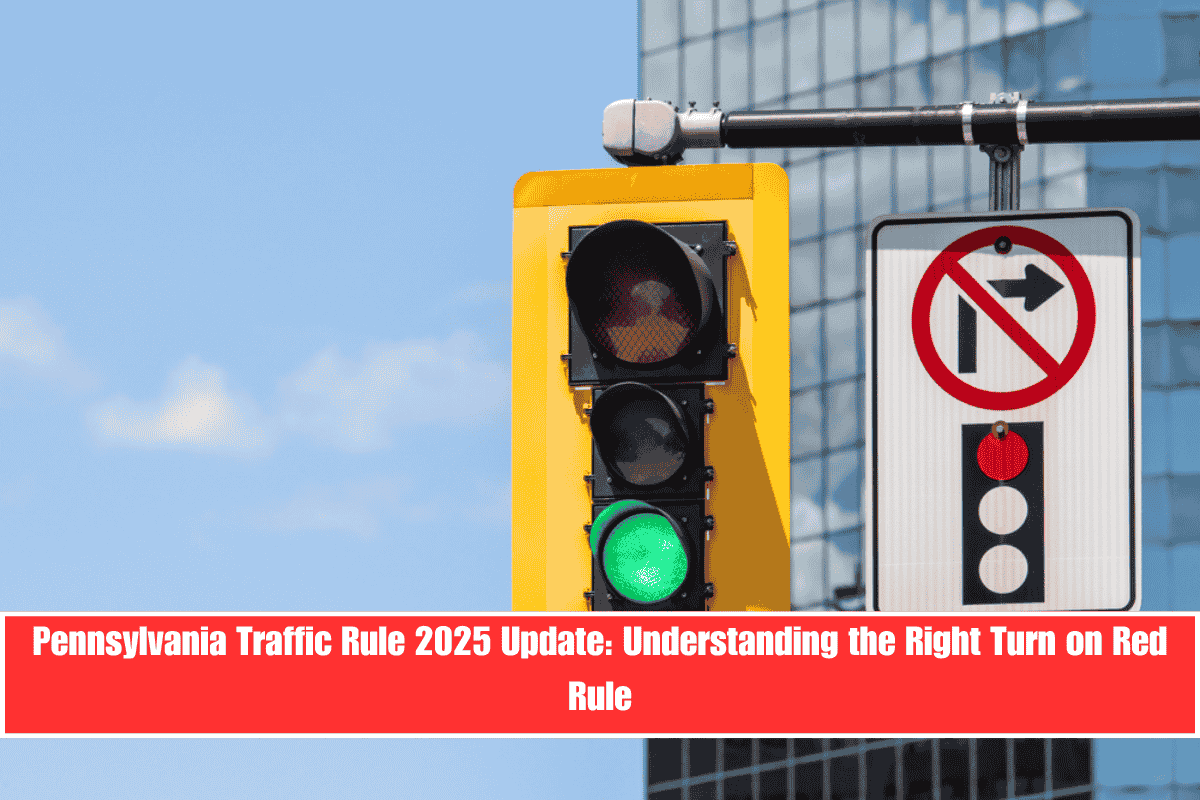Dumpster diving, the practice of searching through discarded items in dumpsters for usable goods, has gained popularity as an eco-friendly and cost-saving activity. In Idaho, dumpster diving is generally legal, but its legality depends on specific circumstances, such as the location of the dumpster and adherence to property laws. Here’s a detailed breakdown of what you need to know.
Dumpster Diving Is Legal in Idaho
Idaho does not have laws that explicitly prohibit dumpster diving. This aligns with the 1988 Supreme Court ruling in California v. Greenwood, which determined that trash left for collection in public spaces is considered public domain. However, while dumpster diving is legal at a state level, local ordinances and property laws can complicate matters.
Private Property and Trespassing Laws
One of the key factors affecting dumpster diving legality in Idaho is whether the dumpster is located on private property. Many businesses and residential areas place dumpsters on private premises, making unauthorized access illegal under trespassing laws. Trespassing is considered a misdemeanor in Idaho and can result in fines or even jail time.
- No Trespassing Signs: If a dumpster is located behind a fence or marked with “No Trespassing” signs, entering the area to access the dumpster is illegal without permission from the property owner.
- Locked Dumpsters: Tampering with locks on dumpsters is also prohibited and can lead to charges of vandalism or theft.
To avoid trespassing issues, it’s recommended to seek permission from businesses or property owners before diving into their dumpsters.
Public Property Dumpsters
Dumpster diving at public locations, such as curbside trash bins or public parks, is generally legal in Idaho because these areas are considered public domain. Once trash is placed in such locations, ownership rights are relinquished, making it accessible to others. However, divers must still comply with local littering and disorderly conduct regulations.
Local Ordinances and Restrictions
While Idaho state law does not ban dumpster diving outright, cities and counties may have specific ordinances regulating waste collection and disposal. For example:
- Some municipalities may prohibit scavenging through trash bins to prevent littering or disruption.
- Disorderly conduct laws could apply if complaints are filed about noise or mess caused during dumpster diving.
It’s advisable to check local city codes or ordinances before engaging in dumpster diving activities.
Potential Penalties for Violations
Violating property laws or local ordinances while dumpster diving can lead to penalties such as:
- Trespassing Fines: Up to $250 for first-time offenses.
- Littering Fines: Up to $500 if trash is scattered during the activity.
- Disorderly Conduct Charges: Fines up to $1,000 or possible jail time for creating disturbances.
Best Practices for Legal Dumpster Diving
To avoid legal trouble while dumpster diving in Idaho:
- Stick to public property or areas where permission has been granted.
- Avoid tampering with locked dumpsters or entering fenced-off areas.
- Respect “No Trespassing” signs and leave the area clean.
- Research local regulations to ensure compliance with city-specific rules.
Dumpster diving is legal in Idaho as long as it’s done on public property or with permission on private property. However, trespassing laws and local ordinances can make it illegal under certain circumstances. By understanding these rules and practicing respectful and lawful behavior, you can engage in this activity without running afoul of the law.
SOURCES:-
[1] https://1043wowcountry.com/is-it-legal-to-dumpster-dive-in-idaho/
[2] https://legislature.idaho.gov/statutesrules/idstat/title18/t18ch39/sect18-3906/
[3] https://www.findlaw.com/injury/torts-and-personal-injuries/dumpster-diving.html
[4] https://ecofriendlyfact.com/is-dumpster-diving-illegal-in-idaho/
[5] https://www.rolloffdumpsterdirect.com/dumpster-diving-illegal/










